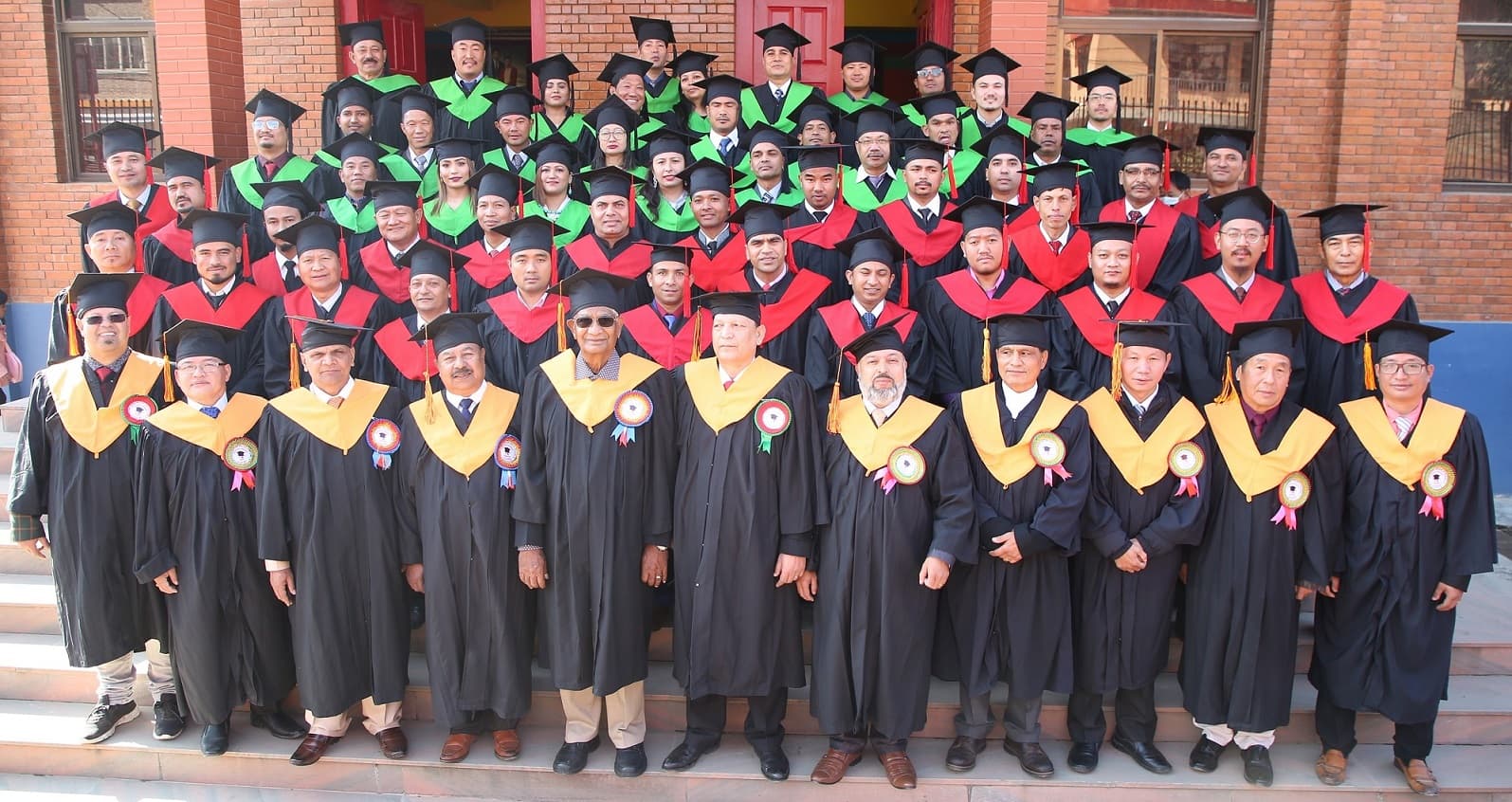

Discover Asian Theological Seminary's belief, distinctiveness, student conduct, faculties and affiliation.
Learn about the code of conduct and expectations for students at Asian Theological Seminary.
Maintaining a tidy and well-groomed appearance is essential for students at all times. This practice reflects a sense of professionalism and self-respect. When a student presents themselves in a clean and orderly manner, it demonstrates their attention to detail and their commitment to maintaining a positive image, both personally and within the seminary community. This standard of neatness contributes to a respectful and organized environment that benefits everyone.
Exercising self-control and discipline is crucial for a student's personal and academic success. This involves regulating one's behavior and adhering to established rules and standards. By exercising restraint and remaining focused on their goals and values, even when faced with challenging situations, students develop a strong sense of responsibility and reliability. This ability to manage impulses and stay disciplined is foundational for achieving long-term success and maintaining harmony within the community.
Treating others and their property with honor and consideration is a fundamental expectation for students. Showing reverence and respect means recognizing the inherent worth and dignity of each individual and acting with kindness and consideration towards them. This includes being mindful of how one interacts with others, as well as taking care of communal and personal property. Such behavior fosters a supportive and respectful community where everyone feels valued and respected.
Students are expected to avoid behaviors and actions that are morally or ethically dubious, particularly those that conflict with religious beliefs or teachings. Specifically, this includes abstaining from the consumption of alcohol and cigarette smoking. Steering clear of these practices helps maintain a clear and healthy lifestyle that aligns with the moral and ethical standards upheld by the seminary. This commitment reflects a student's dedication to living in accordance with their faith and the values it promotes.
Upholding honesty and fairness in academic pursuits is a cornerstone of the seminary's values. Academic integrity involves not engaging in plagiarism, cheating, or any form of academic dishonesty. Respecting the work and ideas of others is crucial for fostering a culture of trust and respect within the academic community. Students who demonstrate academic integrity contribute to a fair and equitable learning environment, ensuring that their achievements are based on their own efforts and abilities.
Continuous personal development, both morally and intellectually, is highly encouraged. Students are expected to strive for improvement in their character, values, and knowledge over time. This involves seeking opportunities for learning and growth, both within and outside the academic setting. By actively working on their moral and intellectual development, students not only enhance their own capabilities but also contribute positively to the seminary and the broader community. This commitment to growth reflects a dedication to becoming well-rounded, responsible, and enlightened individuals.

